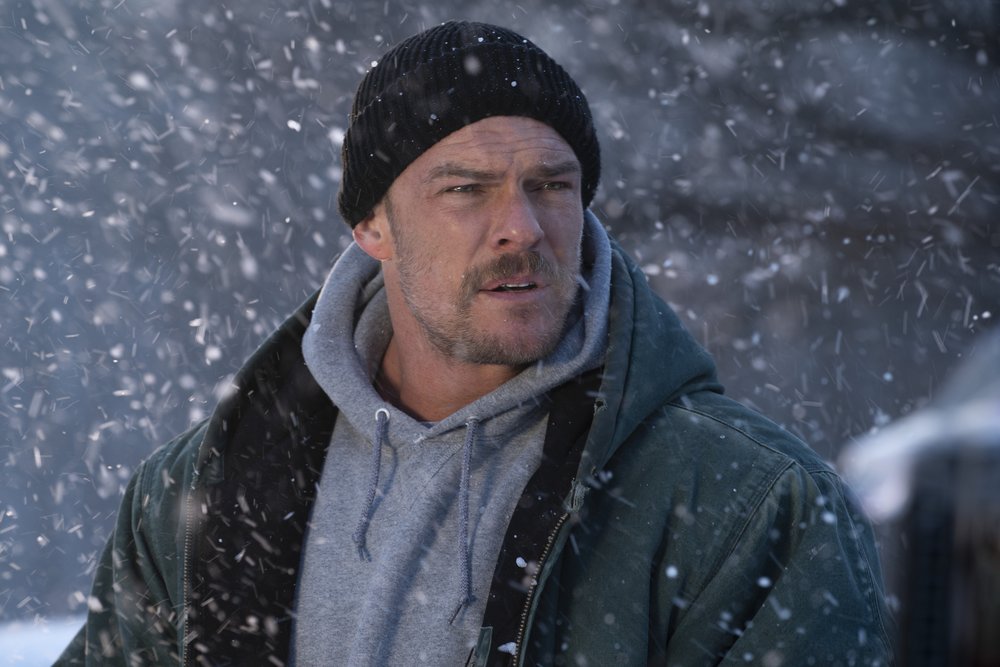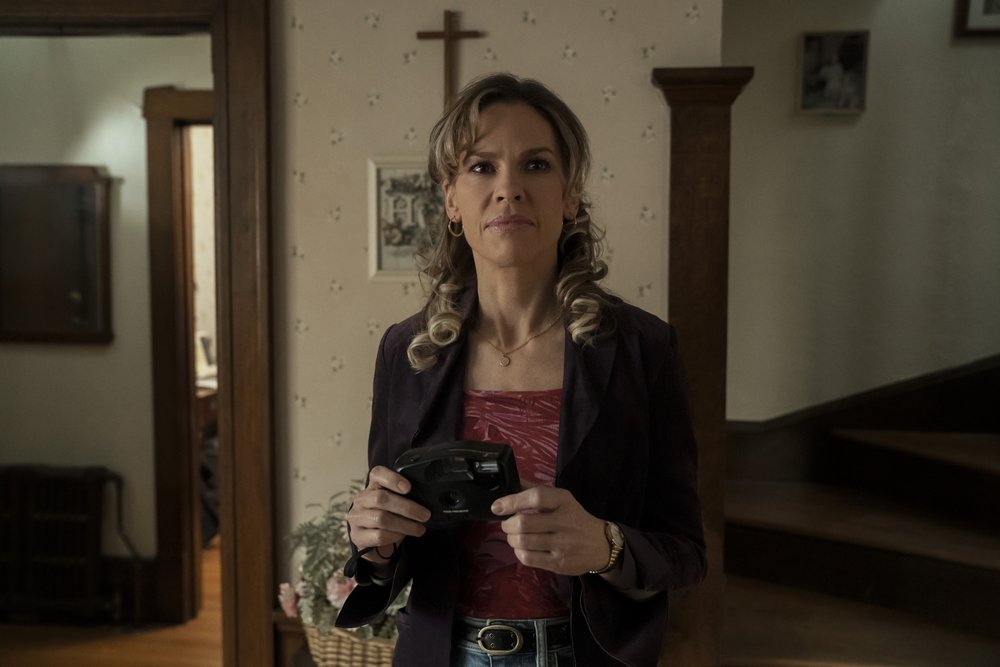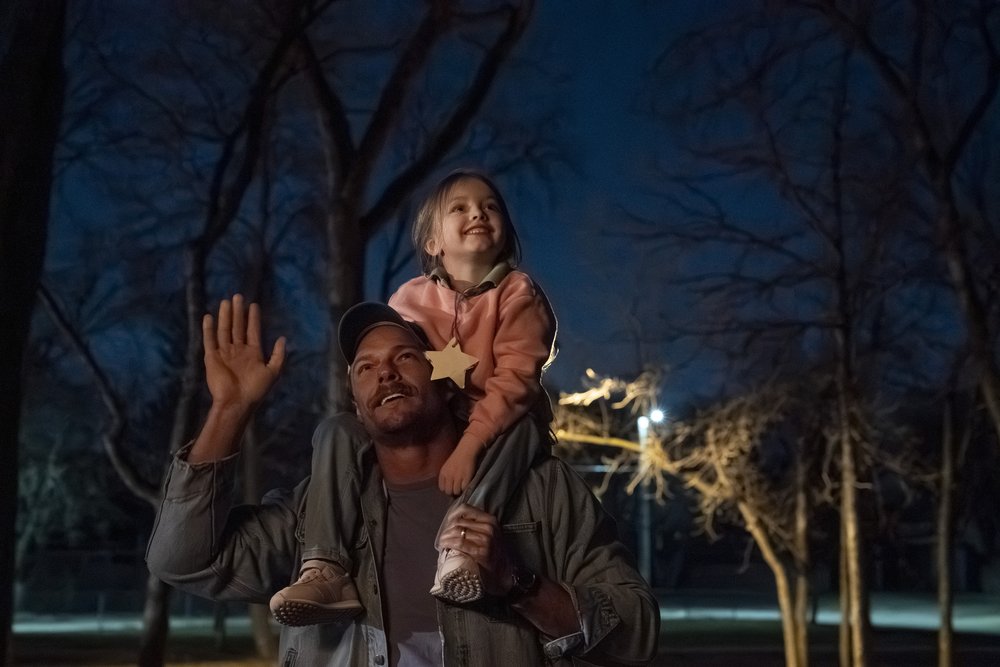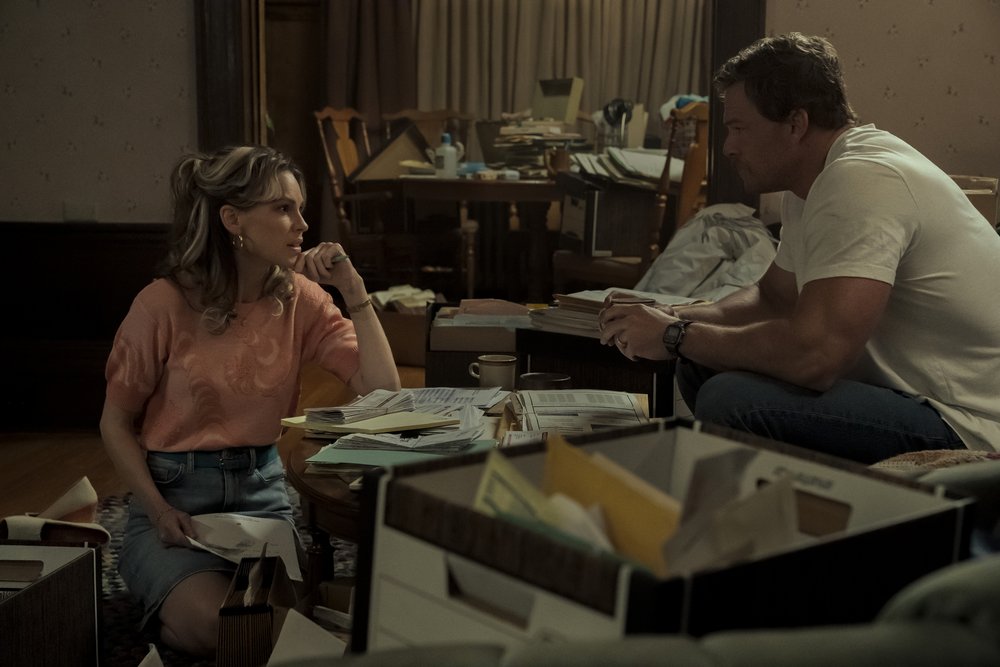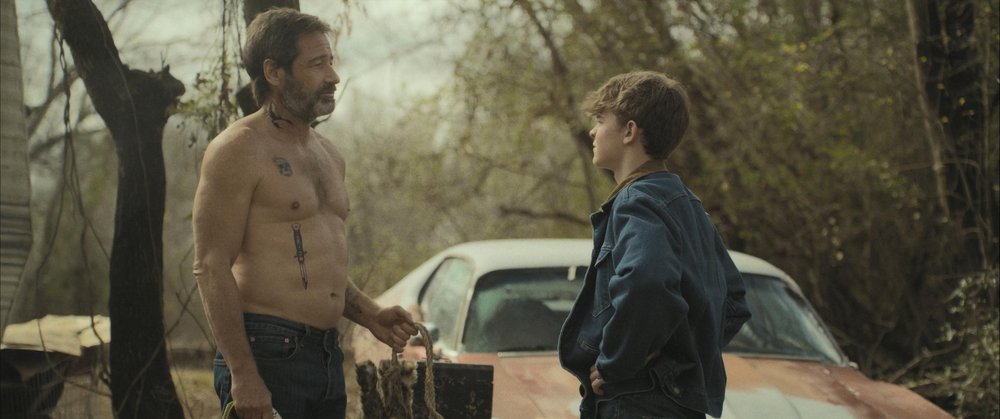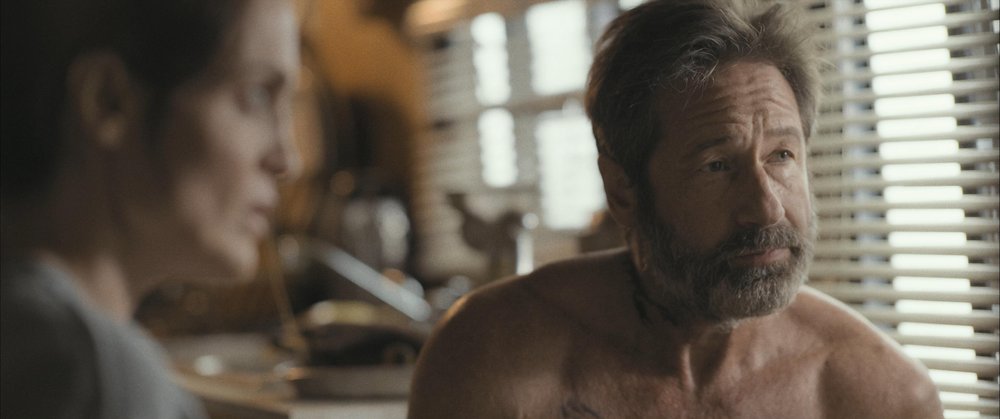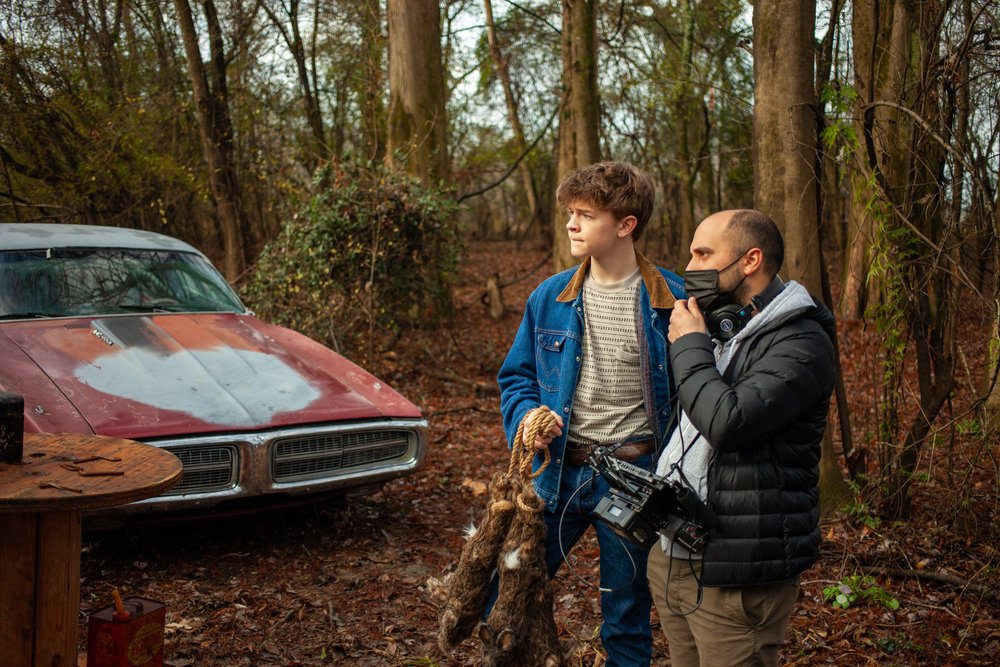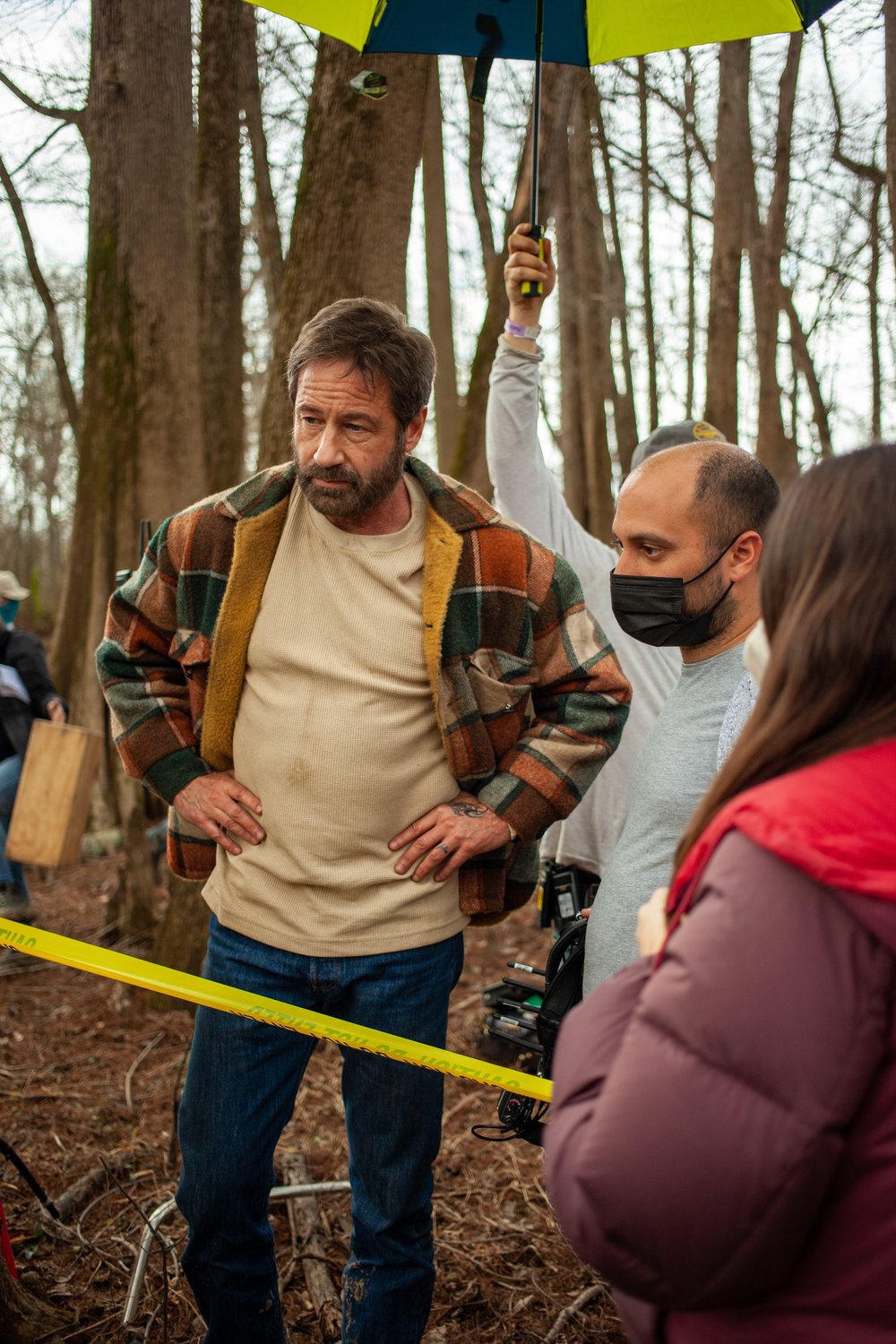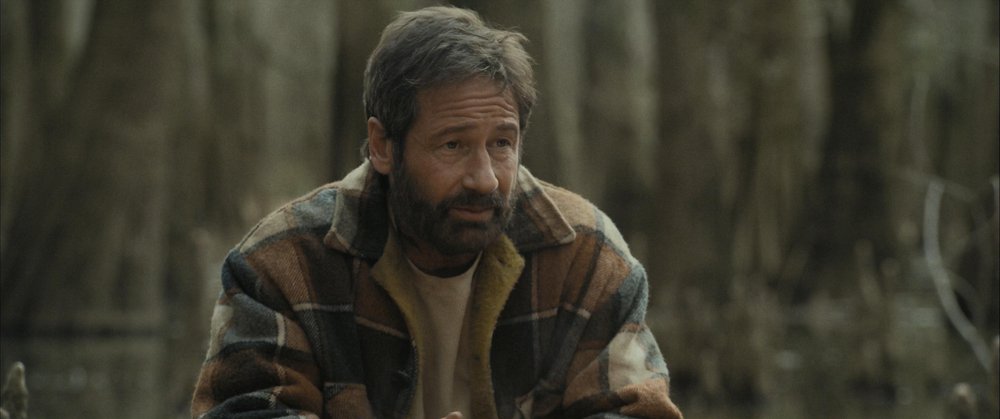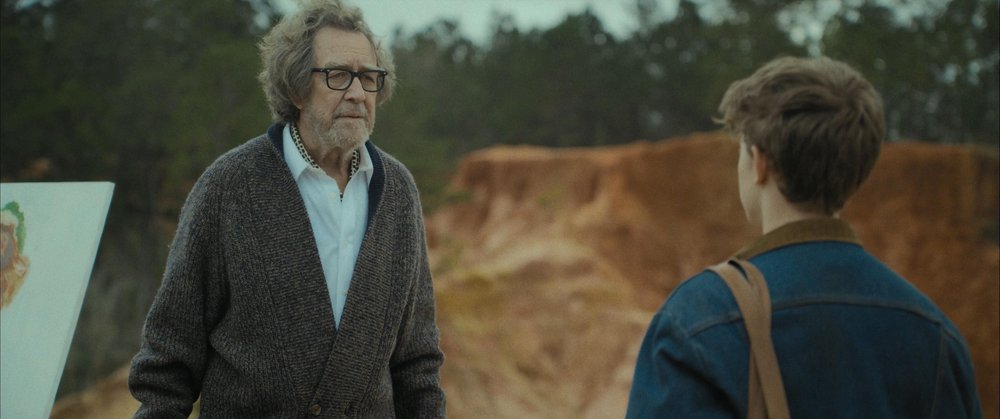
Images courtesy of Warner Bros. Pictures
DUNE: PART TWO– 3 STARS
In this critic’s review of the first Denis Villeneuve Dune chapter from 2021, a two-pronged question was asked of can the melodramatic be made mythic and can the gaudy be made truly grand? Heart was a sizable absent element among the triumphant fury of its large-scale presentation. A little over two years and 166 more minutes later, that inquiry remains unsatisfied. While moderately better than the distended previous film at attempting grander essence, the screen-and-seat rattling power of Dune: Part Two’s erosive gusts of art and precision can only amass so high of crest before it loses itself within its own wind.
Dune: Part Two begins in the aftermath of the first movie on the spice-mining planet of Arrakis in the distant future. The surviving Ducal heir Paul Atriedes (Timothée Chalamet, newly gilded as a four-quadrant box office draw after Wonka) has bested a high-level Fremen warrior in ceremonial combat to safeguard escort for he and his pregnant Bene Gesserit mother Lady Jessica (Rebecca Ferguson of the Mission: Impossible series). His victory also earned the honor and respect of the Fremen field leader Stilgar (Academy Award winner Javier Bardem) and the suspicious attention of Chani (current cultural icon Zendaya), a female warrior he sees in his romantic dreams of the future. The royal mother and son are fleeing the forces of the despotic Baron Vladimir Harkonnen (Stellan Skarsgård) and his militaristic nephew heirs Glossu Rabban (Guardians of the Galaxy strongman Dave Bautista) and Feyd-Rautha (Elvis breakout star Austin Butler) who are basking in their recent total decimation of the previously ruling Atriedes house.
What Dune: Part Two and its celebrated source novel by Frank Herbert have an abundance of is elegiac spirituality. Stilgar sees goals, abilities, potential, and temperament in Paul that are different from other human outsiders. He believes Paul to be the Lisan al-Gaib or "the Voice from the Outer World” and labels him the Mahdi, a prophet promised to the Fremen for centuries who will arrive to lead and drive out their invading oppressors.
LESSON #1: THE POWER OF MESSIANIC CONTROL– The term of messianic control is simple and Paul is the linchpin of all linchpins for this epic struggle. Give the natives the promise of a savior and they will comply with fear and worship towards either their next liberator or, unfortunately, their next enslaver. Stilgar’s traditional half of the Fremen see all the current transpired happenings and victories coming from inserted leadership and involvement of Paul as answered prayers. Meanwhile, the more progressive and skeptical among them, including Chani, see the potential of a false prophet. As it turns out, their indigenous culture’s long-held belief in the Lisan al-Gaib and Mahdi is a manufactured one planted by manipulative outside colonizers– like Paul’s own ancestors of the Atriedes and Harkonnen houses– creating the multi-generational cycle of oppression and control on the arenaceous planet.
With his prescient abilities increasing and his graduation to mount and control the massive sandworms of Arakkis, Paul avoids exercising his power to ascend to higher leadership as he assists the Fremen with attacks disrupting the Harkonnens’ mining operations, a strategic move to hit them in their corruptive greed for the planet’s valuable spice Melange. He would rather believe in himself and not some proverb to fight alongside the Fremen rather than over them. Paul’s mother– empowered to become the newly anointed Reverend Mother of the Fremen– actively works against her son’s neutral wishes by increasing the spiritual fervor surrounding him as a means to sway non-believers to their side. The ascension towards the ultimate ruling title of the Kwisatz Haderach is being leveraged the most. All of this is a path to war reaching the highest political positions of the galaxy, namely Emperor Shaddah IV (Oscar winner Christopher Walken) and his daughter Princess Irulan (Oppenheimer’s temptress Florence Pugh).
The foreboding saber-rattling of this clash is toweringly ornamented with some of the best technical and artistic production value you’re going to find from any major studio film. The desert sands and skies of Jordan and the United Arab Emirates playing the arid settings of Arakkis look impressively vast when shot wide and equally textured in delicateness up close through the lenses of returning Oscar-winning Dune cinematographer Greig Fraser. Through Fraser, Villeneuve replaced his arousal to dwell on establishing shots of ships taking off and landing (don’t worry; they’re still here and about as thrilling as watching a shopper park a fat SUV in a supermarket parking lot only with a better soundtrack and airborne angles) for punctuating transition ones of digitized crowds moving and chanting in perfect unison.
As with its 2021 predecessor, the Academy Award-honored departments for visual effects, sound, editing, score, and production design remain stupendously brilliant and applied to a more outdoor and kinetic picture than the first. Hans Zimmer’s exotic score in particular, while at times sounding like disturbing noises you wouldn’t want hear from a malfunctioning furnace in a haunted house, brings the serious energy to a fever pitch. Dune: Part Two is a more physical film, which elevated the necessary success required of the costume design department headed by 5-time and current Killers of the Flower Moon Oscar nominee Jacqueline West and the stunt and fight teams steered by coordinator Roger Yuan. Their work came ready to battle.
LESSON #2: SPIRITUAL IMPACT VERSUS MYTHIC IMPACT– No matter how much inundating sensory coolness radiates from Dune: Part Two, the higher mythic eminence is still missing, bogged down by the excess reliance on spirituality. Here’s the problem with that. Spirituality is predominantly rooted in verbose talk, looming voices, hypothetical dictums, and faith-centered prognostications ranging from heavenly promise to the bleakest doom. Those qualities get the mind spinning on “what if.” On the other hand, the mythic is more substantial; born from legendary actions, empowering feats, binding passion, and shades of heroism. Those types of triggers get the heart spinning which, for many, is more powerful than the mental half. Short of lassoing a sandworm, for the second film in a row, the screenwriting of Denis Villenueve and Jon Spaihts cannot achieve that next tier of swell and it painfully shows.
The closest Dune: Part Two gets is slight elevations in the performance platforms from some of the returning cast members. Timothée Chalamet’s lead protagonist becomes stronger and more untethered from previous fears as the film goes on, but that only constitutes a few extra decibels in his portending monologues and a yelled rally or two. He is paired across from villains, starting with Stellan Skarsgård, that, despite their makeup work and physical stature are frankly not scary or intimidating. It’s going to take more to haunt an audience and present the fanatical evil worthy of defeat than a few lightning-quick PG-13 throat slashes to nameless underlings, Dave Bautista’s two verbal gears of whisper and shout, and new arrival Austin Butler dropping “darlins” like he’s still working the Memphis droll from another movie. Feeling the wailing echoes of David Lynch’s campy take on all this from 40 years ago, more twisted weirdness could have gone a long way without sacrificing the stern edge sought by Villeneuve’s adaptation.
Thank goodness for Javier Bardem. He– more than Zendaya playing the love interest and spiritual skeptic reduced too quickly to the same furrowed brow scowl of torn feelings– is the intangible ticker of this movie as the truest believer of the overarching prophecy that fuels the saga’s importance. He’s the one person performing to a degree to portray being genuinely moved by what’s happening around him.
Even still, everyone else is cemented is moored stoicism. So much of the Dune: Part Two dialogue (a noted dislike of the director) that could be winning hearts and minds is delivered in hushed platitudes. It’s positively wild than one of the loudest movies possible utilizing the biggest film screens the industry has to offer can move someone so little where it counts. The crazy part is, Villeneuve and Dune still aren’t done. What began and was sourced from one interminably written ordeal could quickly become an interminable cinematic one as well. We had to bank on exertion and promise in 2021, and we will have to do so again.
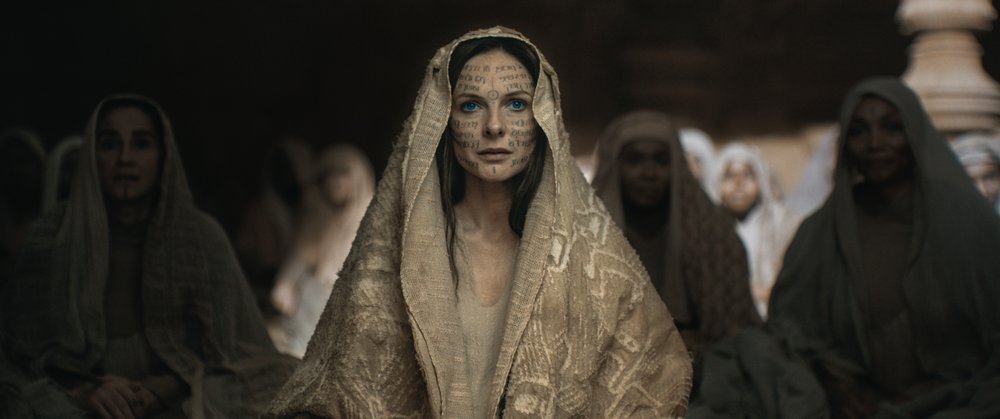
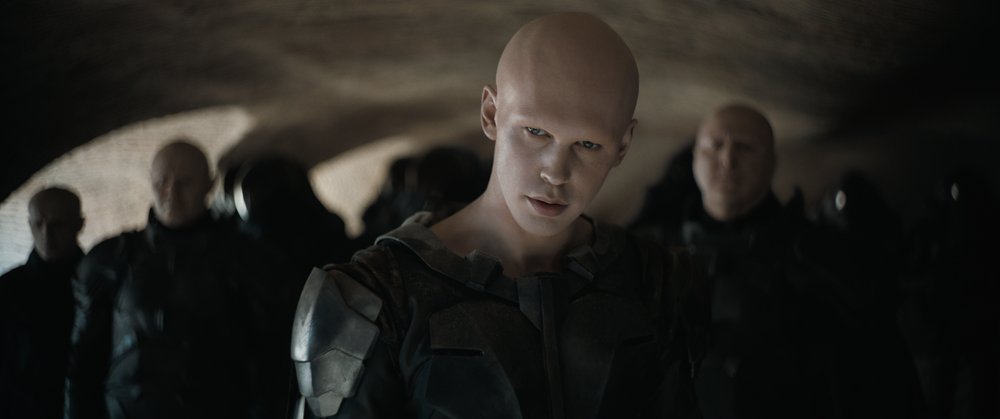
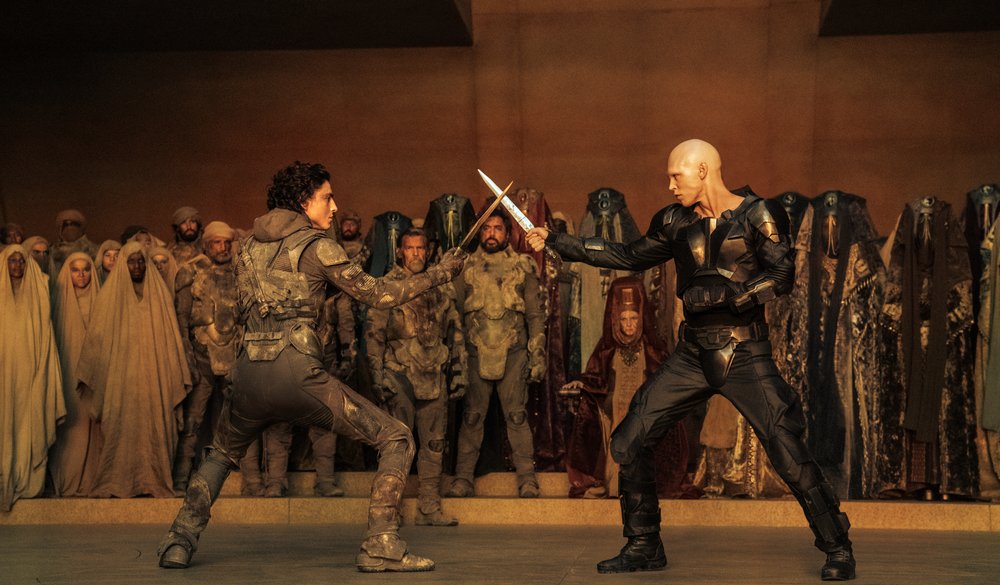




LOGO DESIGNED BY MEENTS ILLUSTRATED (#1177)
from Review Blog https://ift.tt/DPL7MeW

















